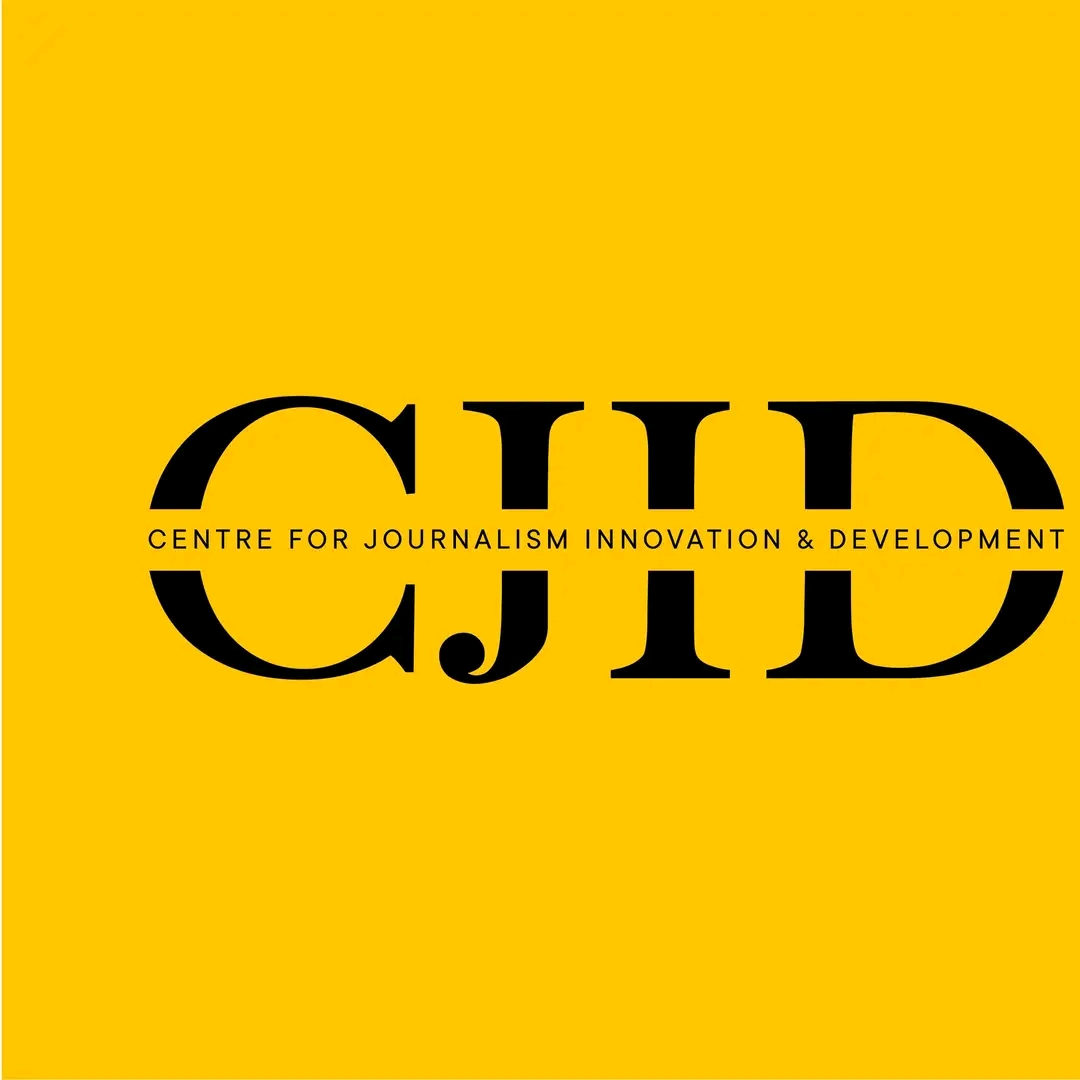News
Kwame Karikari Fact Checking Fellowship Begins
More in News
-
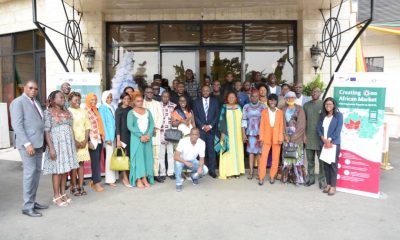

ECOWAS, GIZ Conclude Training for Journalists of ECOWAS Region on Free Trade
Abuja, Nigeria – The ECOWAS Commission in partnership with GIZ and other partners have...
-
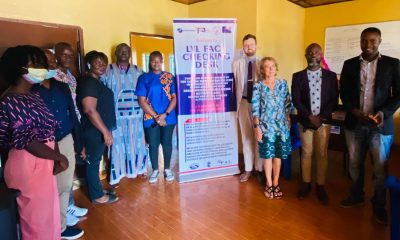

First Major Fact Checking Project Funded By European Union Launched in Liberia
Monrovia – The Liberia Media Initiative has officially unveiled Liberia’s first fact checking desk...
-
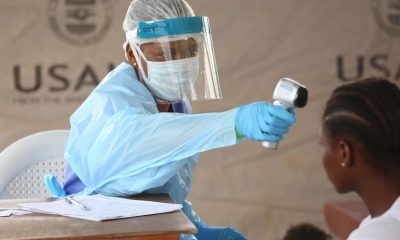

Rife COVID-19 Variants Fuel Africa’s Surging Wave
Brazzaville, Congo Republic – As COVID-19 case numbers in Africa climb faster than all...
-
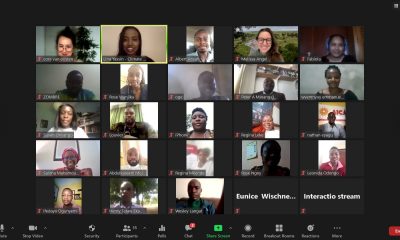

Restoring Africa’s Dry Lands Must Be A Key Priority, Experts Says
Monrovia — Amidst efforts to find solutions to sustain Dry Lands in Africa, Climate...

